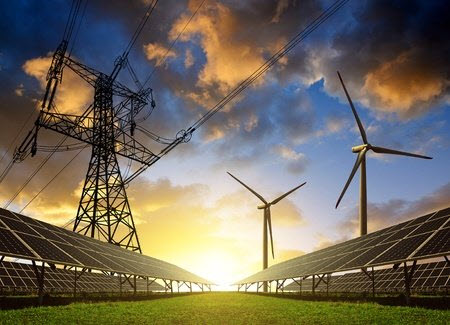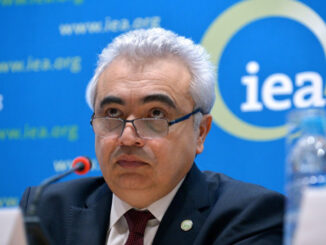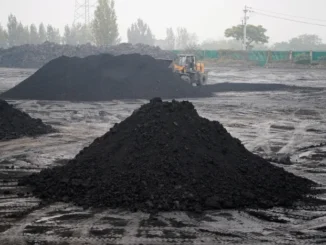
The continued rising commodity and transport prices could effect cost reductions achieved over the last decade in onshore wind and solar, according to the International Energy Agency (IEA).
Amidst pandemic-induced supply chain challenges and construction delays throughout 2020, renewable capacity continued to expanded by more than 45% from 2019,” IEA officials said in its recent report.
However, along with other current supply-chain issues, the cost of polysilicon, an ultra-refined form of silicon that is a key ingredient in most solar PV modules, has quadrupled causing higher prices for solar PV and wind equipment which may have a trickle-down effect and delay the financing of some renewable projects already in the pipeline.
“While uncertainty remains as to how long commodity prices will continue their upswing, the impact of rising material costs on the profitability of the renewable energy industry could have long-term implications for the cost of clean energy transitions,” according to the report.
IEA Executive Director Fatih Birol said that despite the cost inflation, renewables remain competitive with fossil fuel power in most parts of the world because of high fossil fuel prices.
“This year’s record renewable energy additions are yet another sign that a new global energy economy is emerging,” said Birol. “The high commodity and energy prices we are seeing today pose new challenges for the renewable industry, but elevated fossil fuel prices also make renewables even more competitive.”
“Wind and solar power are giving us more reasons to be optimistic about our climate goals as they break record after record,” said Birol. “Last year, the increase in renewable capacity accounted for 90% of the entire global power sector’s expansion.”
Governments need to build on this promising momentum through policies that encourage greater investment in solar and wind, in the additional grid infrastructure they will require, and in other key renewable technologies such as hydropower, bioenergy and geothermal, he said.
“A massive expansion of clean electricity is essential to giving the world a chance of achieving its net zero goals,’’ said Birol.



